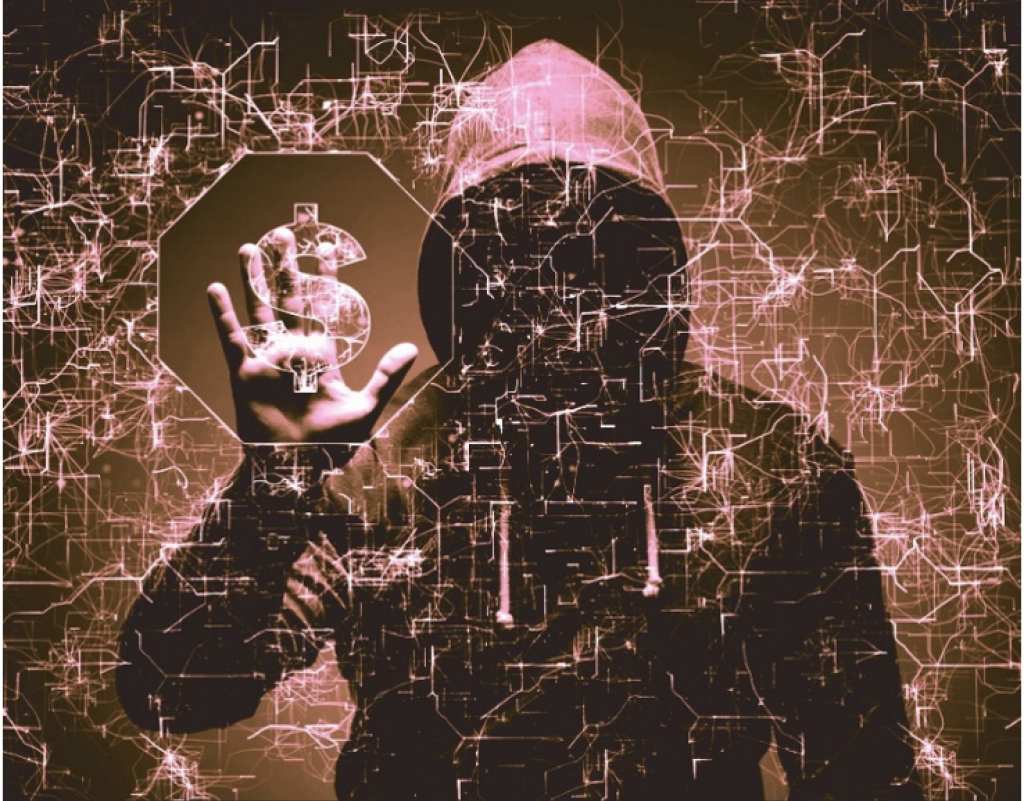Disasters have become repeatedly capitalized on by various criminals for their profit. Cybercriminals are not unique in this regard, and have activated their attacks at an unprecedented scale during the COVID-19 pandemic. Fraudsters take advantage of widely spread fear, public uncertainty, and the significant amount of time that individuals hover on the Internet. As with many other states, Russia has experienced a rise in cybercrime. This research discusses cybercrime statistics, new types of attacks, and targets. To understand the intensity and scope of the crime wave, it scrutinizes some of the key attacks on crucial facilities as well as fraudulent websites that have thrived given the enormous demand for medical supplies and the lack of credible information about the virus. The research also looks at actions taken by the government to curtail the cybercrime surge and public initiatives to spread awareness about cyberattacks.
Julia Sweet earned degrees in History at Novgorod State University, Russia. Later, she graduated with a PhD in Global Affairs from Rutgers University. In her dissertation research, she examined online terrorist networks (2013-2018) in Russian cyberspace. In her PhD thesis, she examined Al-Qaeda and Islamic State outlets through marketing theories and introduced universal methods to improve online censorship within any linguistic online segment. Her scholarly interests concentrate on the post-Soviet region, embracing the following crucial points: mass media, media literacy and cybercrime, political marketing, online extremist networks, social media movements, environmental activism, national counterterrorist strategies, the threat of nuclear terrorism, and control over nuclear materials. She is currently working on a project titled “Cybercrime in the Russian Federation: growing trends and response (2015-2020)”.
Watch event recording on YouTube here.

